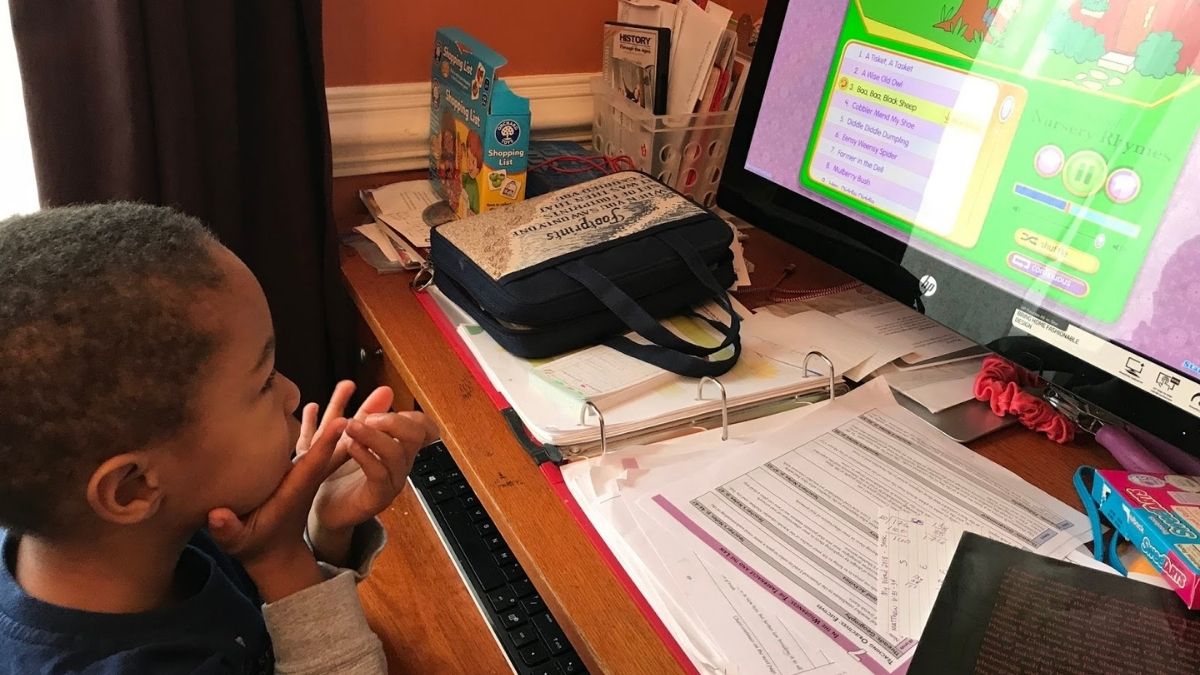Organic chemistry often carries a reputation for being one of the most challenging science courses. If you’re here, you’ve likely heard the tales of complex reaction mechanisms and endless molecular structures. However, with the right strategies, tools, and mindset, mastering organic chemistry is not only achievable but can also be incredibly rewarding.
If you’re considering or currently enrolled in online organic chemistry classes, this guide is for you. We’ll explore essential tips to thrive in a virtual learning environment, highlight indispensable resources, and provide advice to ensure your success.
Why Opt for Online Organic Chemistry Classes?
Online learning has seen a surge in popularity, and for good reasons. The flexibility, accessibility, and variety of resources available make it an excellent option for courses as rigorous as organic chemistry. Here’s why you might opt for an online class:
- Learn at Your Own Pace: Video lectures and self-paced learning modules allow you to revisit difficult topics like stereochemistry and reaction mechanisms at your convenience.
- Accessibility to Global Resources: Many online platforms connect you with expert instructors, detailed notes, and tools like virtual lab simulations, which might not always be available in traditional classrooms.
- Flexible Scheduling: Balancing work, internships, or other commitments? Online classes provide the flexibility to integrate organic chemistry into your life seamlessly.
However, learning online comes with its unique challenges. Being self-disciplined and knowing how to utilize tech tools effectively becomes crucial.
Tips for Success in Online Organic Chemistry Classes
-
Create an Organized Study Environment
To excel in online education, setting up a distraction-free and organized study space is key. Here’s how you can do it:
- Choose a Dedicated Space: Select a specific spot in your home for studying. A clean desk, adequate lighting, and a comfortable chair can make a significant difference.
- Keep Supplies Handy: Equip your space with essential tools like a molecular model kit, periodic table, notebooks, and multicolored markers for drawing reactions.
- Minimize Distractions: Turn off notifications and block disruptive websites during study sessions.
-
Master Time Management
Online courses require you to be proactive. To stay on top of your coursework:
- Follow a Schedule: Dedicate specific hours to lectures, assignments, and revisions each week. Break study time into focused intervals using techniques like the Pomodoro method.
- Stay Ahead: Go through upcoming topics before each lecture. This proactive approach will make the material easier to grasp.
- Set Deadlines for Yourself: Even if your program is self-paced, sticking to a schedule prevents the last-minute stress of cramming.
-
Engage Actively During Lectures
Many online organic chemistry classes allow you to interact with instructors and peers. Take full advantage of this by:
- Asking questions during live sessions or in forums.
- Actively participating in discussions about complex concepts like reaction mechanisms or spectroscopy interpretations.
- Taking handwritten notes during lectures to reinforce understanding.
-
Leverage Visual Learning Techniques
Organic chemistry is inherently visual. Make the most of diagrams, models, and color-coded notes:
- Draw Pathways and Mechanisms: Visualizing how electrons move during a reaction clarifies complex processes.
- Use a Molecular Model Kit: Building molecular structures physically enhances understanding of spatial arrangements and stereochemistry.
- Watch Demonstrative Videos: Platforms like YouTube or Khan Academy often feature animations breaking down challenging topics.
-
Stay Consistent with Practice Problems
Organic chemistry thrives on application. Here’s why practicing is non-negotiable:
- Reinforce Concepts: Tackle problems related to reaction pathways, synthesis, and mechanistic predictions.
- Identify Weaknesses: Regular practice highlights areas needing extra attention, whether it’s SN1 vs. SN2 reactions or identifying functional groups in IR spectra.
- Access Practice Problem Sets Online: Look for interactive quizzes and exercises that offer instant feedback, such as those on ChemCollective or Sapling Learning.
- Seek Support When Needed
Building connections and seeking help is critical, especially in a challenging subject like organic chemistry:
- Join study groups on platforms like Discord or Reddit to discuss tricky problems.
- Take advantage of office hours or live Q&A sessions offered by your online instructor.
- Utilize tutoring services if you’re struggling with specific topics like retrosynthetic analysis or NMR spectroscopy.
-
Relate Organic Chemistry to Real Life
Sometimes, students lose motivation because organic chemistry feels abstract. Connect what you learn to real-life applications:
- Explore how chemical reactions drive processes in pharmaceuticals, agriculture, or food science.
- Understand how foundational concepts like functional groups relate to biochemistry and medicine.
This practical approach can make the coursework feel more meaningful and engaging.
Top Online Resources for Learning Organic Chemistry
Navigating the online learning space for organic chemistry is easier with the right tools. Here’s a curated list of valuable resources to aid your learning:
- Online Platforms for Structured Learning
- Coursera and edX: Offer courses taught by professors from renowned universities like MIT and Harvard.
- Khan Academy: Features bite-sized video tutorials covering concepts like hybridization, resonance, and reaction mechanisms.
- Organic Chemistry Tutor (YouTube): A go-to for students needing reinforcement through approachable videos.
- Interactive Practice Tools
- ChemCollective: Offers virtual labs and problem sets that simulate cutting-edge scientific experiments.
- Kognity: Provides interactive learning pathways customized to your progress.
- Flashcard Tools for Memorization
- Anki or Quizlet: Ideal for memorizing reagents, reaction mechanisms, and functional group properties through spaced repetition.
- Research-Oriented Tools for Advanced Learners
- NIST Chemistry WebBook: An excellent source of detailed spectroscopy data.
- SciFinder: Allows you to explore advanced organic synthesis pathways.
- Molecular Model Apps
- MolView and ChemDraw: Helpful for visual learners to build and analyze molecular structures virtually.
Whether you’re beginning your organic chemistry adventure or looking to hone your skills, these tools provide a strong foundation for success.
Move Forward With Confidence
Organic chemistry may be a challenge, but it’s also an opportunity to grow and develop critical thinking skills that translate into real-world applications. By following the tips above, leveraging online resources, and maintaining a proactive mindset, you’ll be well-equipped to tackle this subject head-on.
If you’re ready to take the next step, explore any of the recommended platforms outlined in this guide or check out reviews of popular organic chemistry courses to make an informed choice. And remember, consistency and curiosity are your greatest allies.
Good luck with your organic chemistry class – may your reaction mechanisms always balance out!










